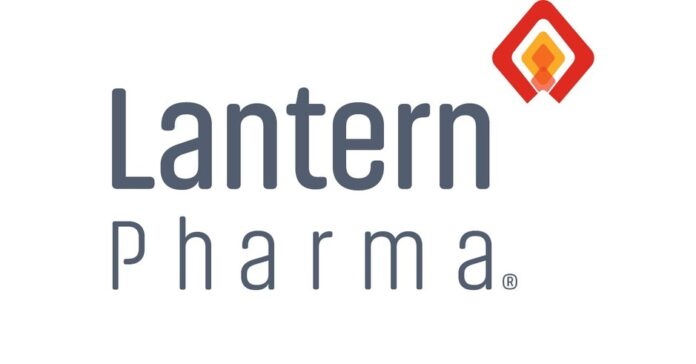DALLAS– Lantern Pharma Inc. (NASDAQ: LTRN), an artificial intelligence (AI) company dedicated to developing cancer therapies and transforming the cost, pace, and timeline of oncology drug discovery and development, today announced that the FDA has granted Fast Track Designation for investigational drug candidate, LP-184, for treatment of Glioblastoma. LP-184 is currently in a Phase 1A clinical trial designed to evaluate the safety and tolerability of the synthetically lethal investigational drug candidate in a broad range of solid tumors, including Glioblastoma (GBM). LP-184 was optimized and advanced in part with Lantern’s AI platform, RADR®, to aid in the validation of mechanisms that could be exploited in the clinical setting to eradicate challenging cancers, and uncover insights in targeted patient populations. RADR® is Lantern’s AI platform for cancer therapy discovery, development and rescue with over 100 billion data points and aiding in the development of both Lantern’s portfolio and development initiatives with Lantern’s collaborators.
Glioblastoma (GBM) affects nearly 13,000 patients annually in the US and approximately 300,000 globally, with a mortality rate of 94%. Current standard of care therapies result in a life expectancy in GBM patients of less than 15 months. A major limitation to development of new drugs in the treatment of GBM is the need for potential drugs to have the ability to cross the blood brain barrier (BBB) as well as the ability to counteract the inherent and adaptive resistance of GBM cancer cells to temozolomide, the current standard of care in GBM. This resistance is largely derived from the expression of the DNA repair enzyme MGMT1. LP-184 activity is agnostic to MGMT expression, meaning it does not depend on the under or over-expression of MGMT in GBM and has shown in-vivo, preclinical activity in both types of GBM models.
No new drugs for GBM have been approved in over two decades. Lantern Pharma is advancing LP-184, a molecule which demonstrates synthetic lethality when combined with agents that cause DNA damage repair deficiency.2 Additionally, LP-184 has shown that it causes double-stranded breaks in the DNA of recurrent GBM (rGBM) cancer cells in multiple in-vivo models and is currently being advanced in early clinical stage studies.
“Receiving FDA Fast Track Designation for Lantern Pharma’s LP-184 in GBM reinforces our belief that this drug-candidate can help in the critical need to find effective treatment options for patients with GBM and further supports the potential of LP-184 to address the challenges in aggressive CNS cancers, where patients have a critical need for novel and life extending therapies” said Panna Sharma, President and CEO of Lantern Pharma.
LP-184 is currently being studied in a phase 1A clinical trial to evaluate the safety, tolerability and maximum tolerated dose (MTD) of the potential therapy in a wide range of tumors, including GBM. Once the MTD has been established, Lantern has plans to advance the drug-candidate LP-184 as STAR-001 through its wholly owned subsidiary, Starlight Therapeutics, in GBM and other CNS and brain cancers.
Lantern also anticipates further using RADR® to determine potential additional suitability for LP-184 in combination with other approved agents for the control of cancer progression in multiple other patient subgroups.


